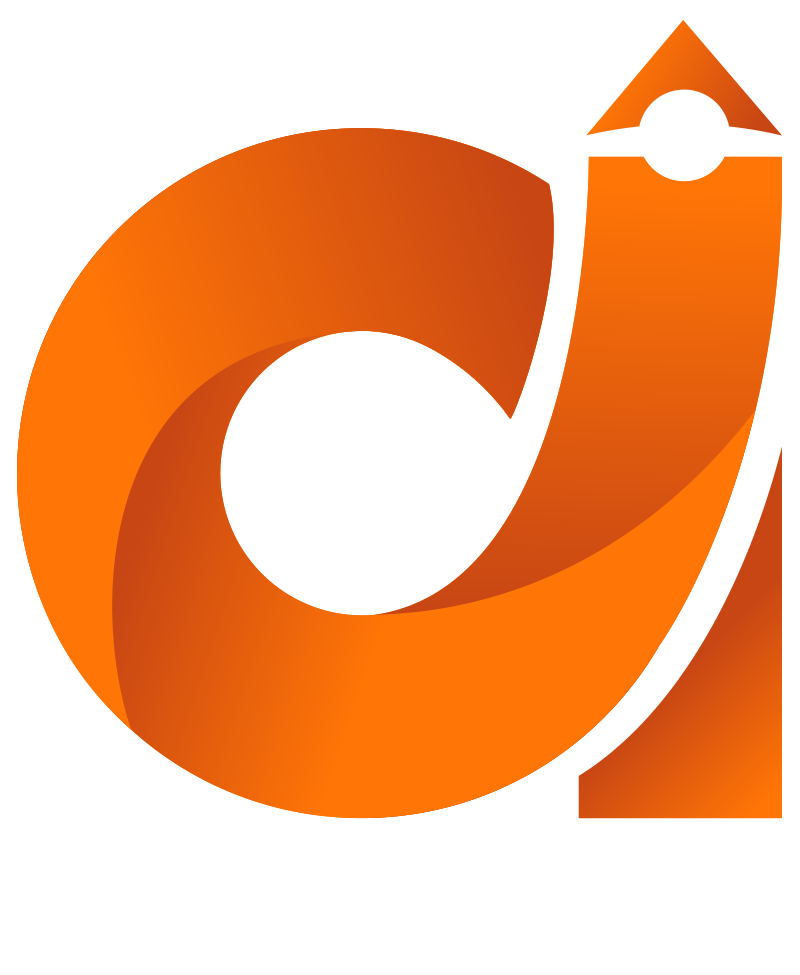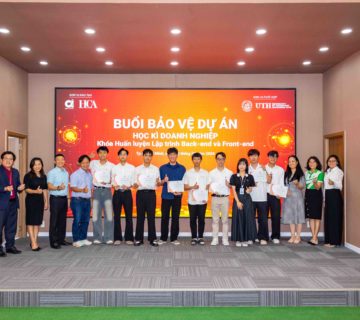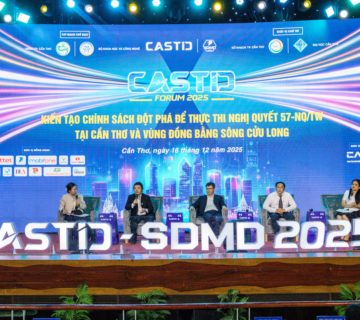FROM AI TO THE METAVERSE: FUTURE TECHNOLOGIES TRANSFORMING THE SOFTWARE INDUSTRY
Artificial intelligence, the metaverse, blockchain, and edge computing are no longer unfamiliar concepts in today’s technological landscape. Yet few realize that these emerging technologies are quietly reshaping the way software is developed, deployed, and interacts with users. In this article, Alta Software explores the breakthrough technological trends reshaping the software sector and how businesses can strategically and practically seize these emerging opportunities.
The term “future technologies” refers to emerging innovations with the potential to profoundly change how society functions, especially in digital transformation. Far from being merely a story for the coming decade, many of these technologies are already entering practical application, particularly within software development.
Software—traditionally regarded as the digital operating tool for all organizations—is entering a new era where adaptability, self-learning, and intelligent interaction become the norm. Modern software systems no longer just solve specific business problems; they must “evolve” alongside enterprises, monitor user behavior, process real-time data, and seamlessly integrate with other digital platforms. These demands have accelerated the adoption of future technologies across the software development lifecycle—from design and programming to deployment and maintenance.
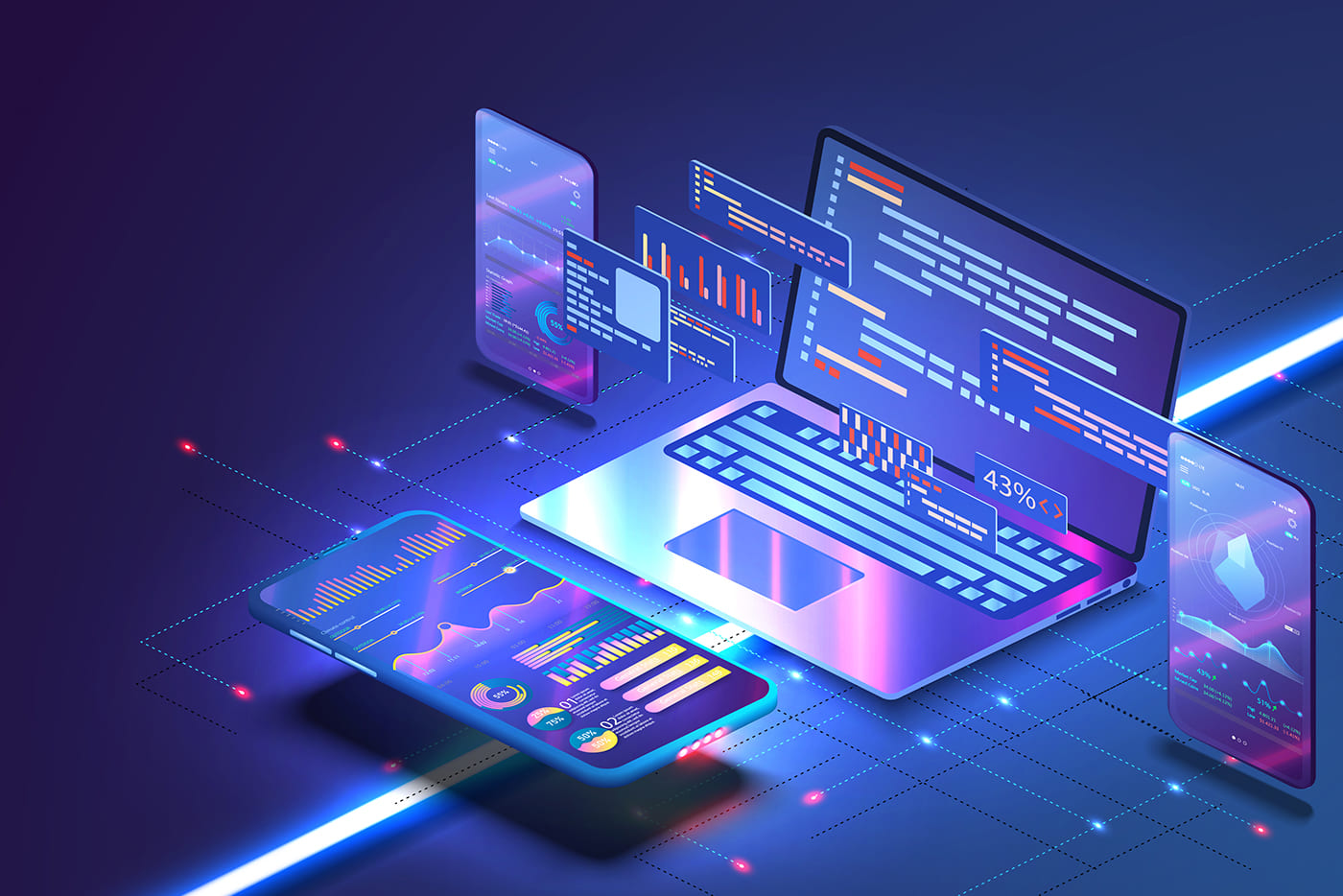
Future technologies transforming the software industry
Artificial intelligence – The heart of next-generation software
Artificial intelligence (AI) is no longer exclusive to labs or global tech giants. Today, AI permeates every aspect of the software industry—from automated customer service applications and user behavior analytics to AI copilots that assist developers in writing faster, more accurate code.
In real-world business contexts, AI empowers software to become smarter and more proactive. Rather than simply responding based on preset conditions, AI systems learn from data, predict needs, automatically optimize workflows, and personalize content for individual users. Alta Software is developing industry-specific AI models, such as intelligent sales forecasting for retail and credit risk analysis for finance, clear evidence of AI’s potential as an indispensable part of enterprise software strategies.
Metaverse – A virtual frontier redefining immersive software experiences
With advancements in VR, AR, and 3D graphics, the metaverse is no longer a distant concept. It opens a completely new approach to how software is designed and operated. Instead of interacting solely through 2D interfaces, users can now “step inside” software as a dynamic space, experiencing products, training staff, or hosting meetings within a virtual world.
Blockchain – Enhancing software system trustworthiness
In the digital world, trust is encoded through technology. Blockchain stands out as one of the most effective platforms for building that trust. By recording every transaction and action in an immutable, tamper-proof manner, blockchain is increasingly integrated into software to address authentication, security, and transparency challenges.
Particularly, supply chain management systems, personal data governance, and payment platforms can be enhanced with blockchain to reduce reliance on intermediaries, accelerate processing speeds, and ensure data integrity. Alta Software is actively researching blockchain applications tailored for Vietnamese enterprises, focusing not only on the technology itself but also on practical deployment within current legal frameworks and infrastructure.
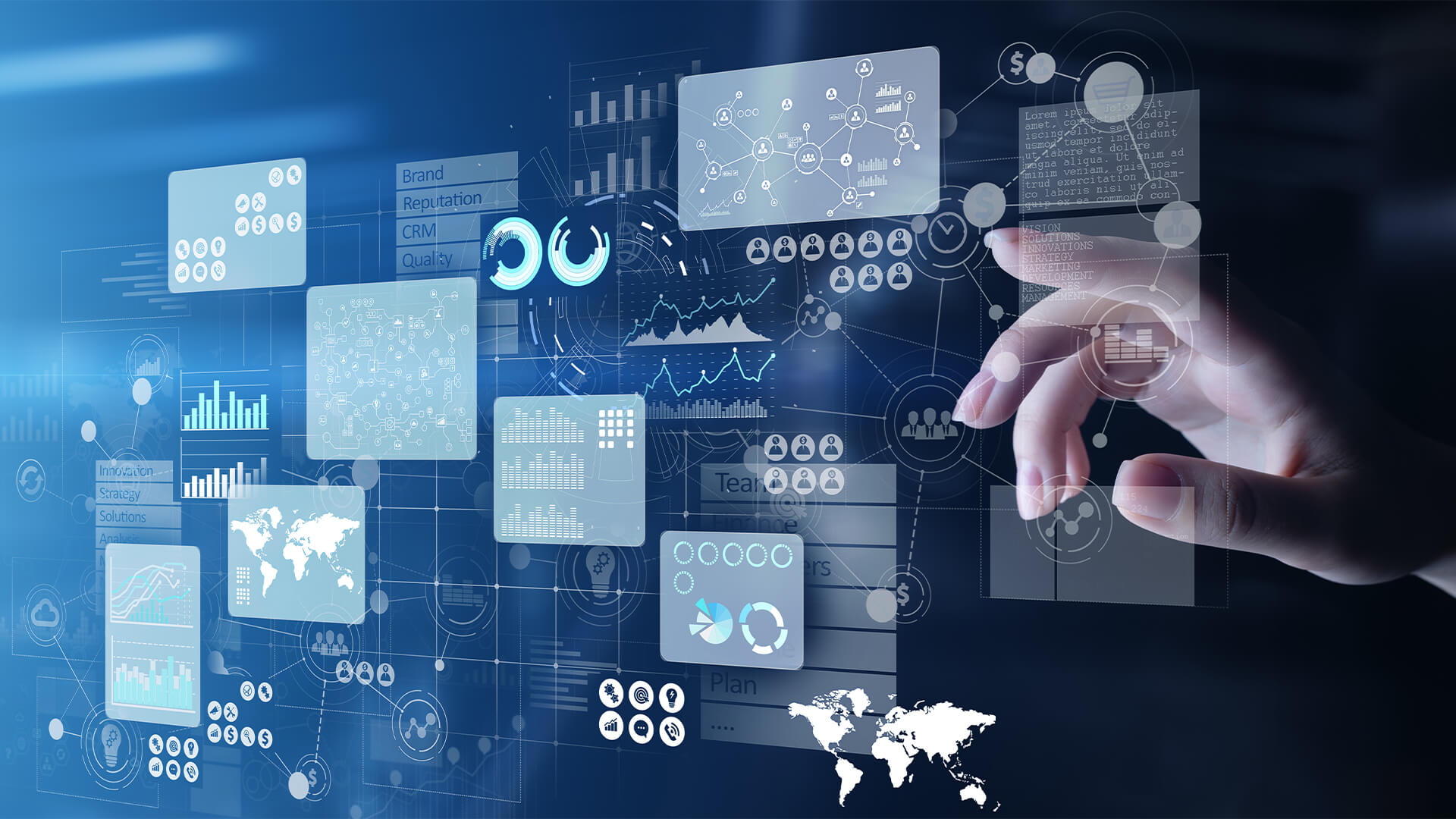
Future technologies quietly transforming how businesses operate
Edge computing – Processing software at the source
With the growth of IoT devices, sensors, and remote monitoring systems, software must respond faster and closer to users. This is why edge computing has become a key technology. Not all data needs to be sent to the cloud—edge computing processes data right where it is generated, reducing latency, saving bandwidth, and ensuring privacy.
Low-code/No-code – Democratizing software development
Another major shift comes from the democratization of technology. Thanks to low-code/no-code platforms, even non-programmers can now participate in building applications. This not only eases the burden on IT teams but also opens up opportunities to rapidly prototype product ideas, improve workflows, and customize internal apps for individual departments.
From AI’s learning and automation capabilities to the metaverse’s immersive interactions, from blockchain enhancing transparency to edge computing optimizing on-site processing, and the wave of low-code platforms popularizing software development—these future technologies are no longer futuristic concepts. They are present, quietly reshaping how software is built, operated, and connected to the world.
Businesses that look ahead, experiment early, and choose the right technological path will gain the upper hand in the digital era. The key is not to chase every new technology, but to strategically identify which innovations align with long-term objectives and operational frameworks.
And when you need a trusted partner to turn those ideas into practical solutions, Alta Software is ready to share technological insights based on real-world implementation experience for businesses.
